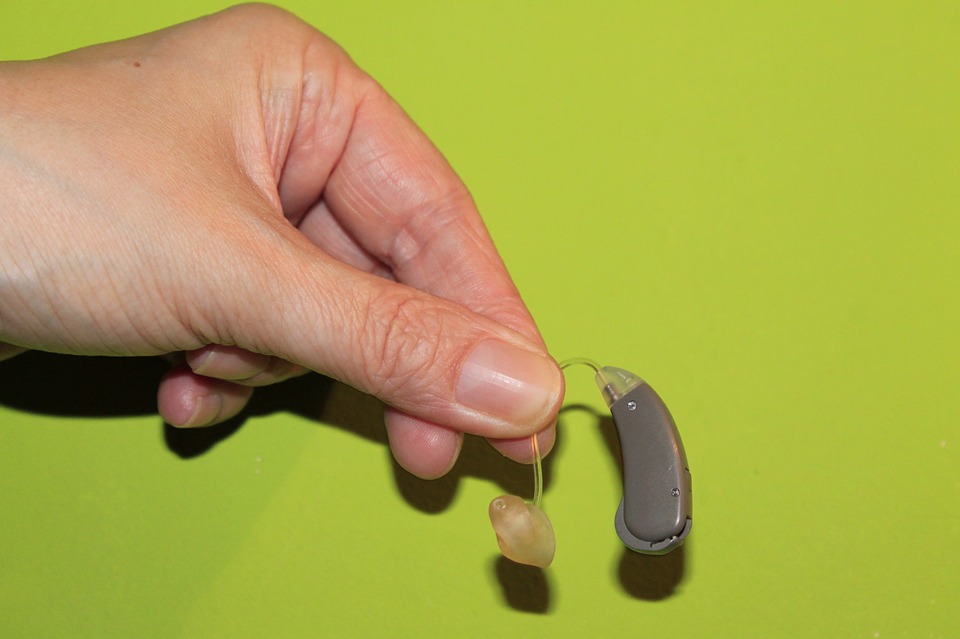My Child Has ADHD – Will It Go Away? As a parent, you may find yourself desperately hoping that your child, who has been diagnosed with ADHD, will outgrow this disorder. Unfortunately, there is not a clear answer to the question of whether or not ADHD ever goes away. However, there is some promising research that suggests ADHD can be managed by medication and/or natural means.
There is even some research to suggest that ADHD does, in fact, “go away” if causal factors can be identified and eliminated. There are varying opinions regarding the causal factors and treatments of ADHD, and, depending on the approach and results, experts come to different conclusions about ADHD’s permanence.
The Role of Food in ADHD
An interesting study came out earlier this year (2011) regarding the role of diet in ADHD. This study suggested that alterations in a child’s diet could greatly reduce or eliminate ADHD symptoms. Admittedly, the study said, dietary changes do not work in all cases of ADHD, but they did make a difference in the majority of test cases (64%, according to the research). For those 64%, their ADHD did indeed seem to “go away.”
So you could consider this a hopeful possibility for your child; perhaps he or she is one of the ones whose ADHD symptoms are food-related. The doctors in the above study said that looking for a causal factor first – when ADHD symptoms are first observed and diagnosed – is key to managing each case according to its unique patient. Talk to the health care provider(s) of your choice about the dietary route if you think that may be the culprit.
Medication and Therapy
Many ADHD sufferers, families of sufferers, and medical professionals do not think that ADHD ever really goes away. Rather, they believe it can be managed through medication and therapy. Instead of ADHD “getting better,” this camp maintains that the brain can be re-trained and symptoms managed so that the ADHD seems to go away – but actually, the patient has just learned how to manage and live with it.
Because research shows that the brains of ADHD-diagnosed individuals actually operate differently than normal brains, parents and doctors alike often focus on those cognitive symptoms and seek to normalize them. Generally, the cause of these abnormal brain patterns is not sought out by those who take this approach; the fact that the abnormalities exist is enough to warrant treatment of the abnormalities themselves.
Symptom Management
Regardless of which view you hold with regard to ADHD, there is a general consensus that symptoms can be managed. A diagnosis of ADHD does not necessarily mean a life-long battle with the same ADHD symptoms. As you work with various health care providers (and do not be afraid to “shop around” until you find one whose views you can work with), you will hopefully come to a point where you are comfortable with your treatment approach.












